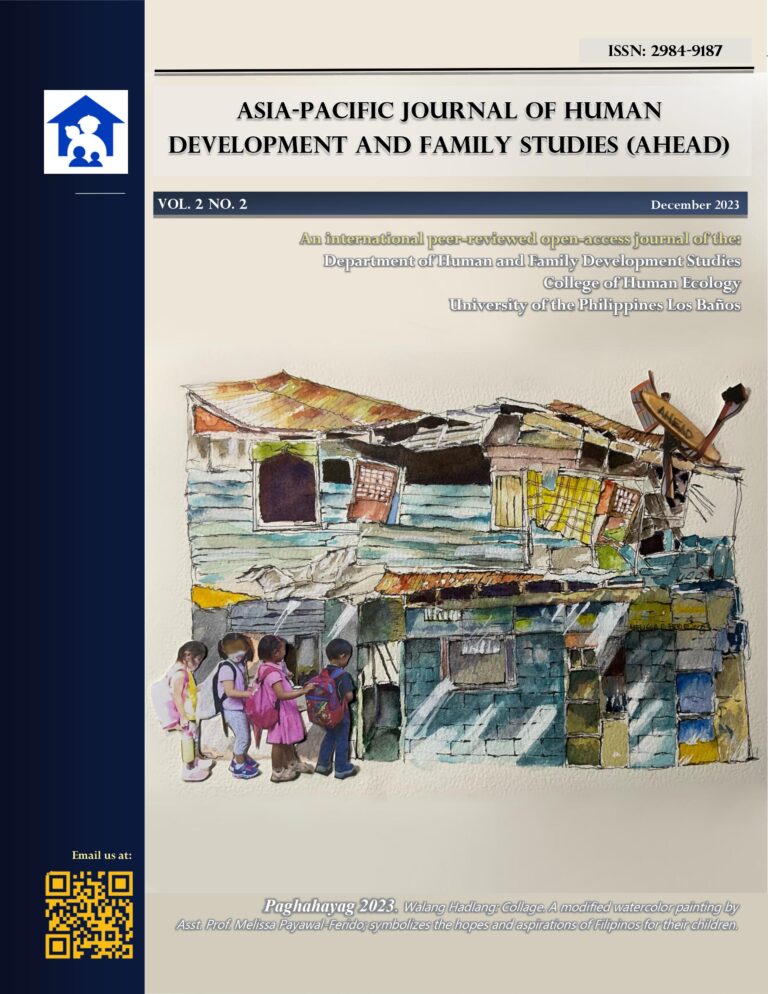
Editorial
Disseminating research findings plays an integral role in achieving every research endeavor’s aspiration. This reflects the very core of efforts to relay what has been discovered, how arguments flourished, and how advocacies have thrived form idea to fruition. Faculty members of the University of the Philippines contribute to this humble undertaking, alongside instruction and extension services. Undeniably, in the fast- changing education landscape, research is at the very fiber of each of us in the academe.
Paghahayag entails responsibly communicating what has been rigorously studied upon. Recent technological advancements have seen the capacity of mankind to deliver breathtaking leaps amidst challenges and limitations. Technology becomes instrumental in having our voices heard, defying time and space, thus our humanistic duty to be ethical, respectful, and helpful in all our endeavors. The current issue of AHEAD echoes numerous advocacies in which paghahayag is instrumental through research articles published in this issue. Umali (2023) and colleagues looked at teacher-education training for pre-service teachers with high hopes of promoting quality in the light of ASEAN integration. Similarly, digital citizenship is at the core of the study of Puerto – Mar (2023) and colleagues who through a literature review provided the foundation towards digital education development as challenges are identified through a literature review. On the same vein, Puerto – Mar (2023) and colleagues also explored stakeholder’s role in advancing digital citizenship through blended mode.
The contemporary times exhibit an era when no one is silent anymore. We all have the voice: whether these voices matter because of what they contribute. Or hinder, because of what they silence, upstage, and outshine. Our research efforts grant us the voice to pursue developmental efforts in the field of human development and family studies. Our voices resonate what it means to be fully human, fully alive. Our voices vibrate the greatest words a family member can utter. As human and as family, paghahayag is a way of life. Umali and Almonte – Acosta (2023) delved into inclusivity in early childhood care and development programs, while Almonte – Acosta and Clamor – Torneo (2023) inquired how teachers stay in the profession amidst challenges and issues. For the adolescent stage, Ferrer (2023) and colleagues developed and validated a social emotional learning instrument, while Palacio (2023) and colleagues conducted a nationwide tracer study of senior high school graduates.
Paghahayag in the context of research and development will always be an active quest towards truth and service. With fake news and misinformation rampant nowadays, paghahayag breaks the chain of falsity, misstatement, and deception. Technology amplifies the voices of those that matter. AHEAD chooses to matter by serving as a platform to gather the voices of those who wished to be heard through research dissemination and knowledge-sharing in the field of human and family development.
Voices that matter can never be hindered.
